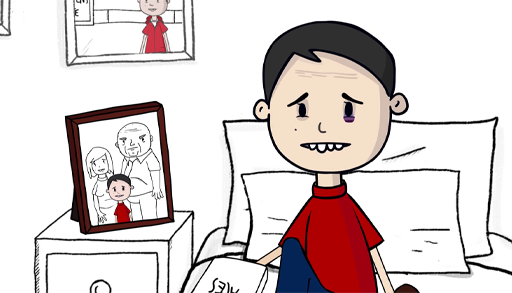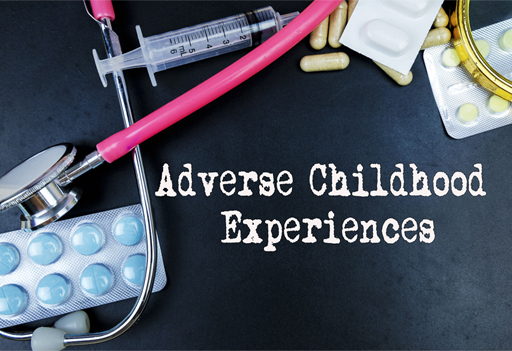4 Preventing and minimising the impact of adverse childhood experiences
There is no one definition of adverse childhood experiences (ACEs), although most attempts define the term as events in the early years of a child’s life that may have a negative impact in childhood and adulthood. Michael Rutter described adverse experiences as ‘the circumstances of early childhood that can cast a long shadow’ (1998, p. 16).
The next activity asks you to consider the experiences that children may be adversely affected by.
Activity 5 Identifying adverse childhood experiences
- List the experiences that may occur in childhood that you think could be considered as adverse.
- Now watch the six-minute video below, made by the Wave Trust to explain ACEs and highlight how they can impact on childhood and into adulthood. The film is animated, but it does contain some information that may be upsetting. As you watch, consider your notes alongside the experiences mentioned in the video.

Transcript: Video 1 What are adverse childhood experiences (ACEs)
[SHOUTING]
[GLASS BREAKING]
[SHOUTING]
[SIREN]
[SHOUTING]
[DOOR SLAMS]
[FLATLINING]
Discussion
The video highlights how a combination of family circumstances and behaviours, described as ACEs, can become a ‘toxic mix’ for children. You may have found the first two minutes of the video very negative, as if it is inevitable that there will be difficult long-term consequences for children who experience adverse childhood experiences. However, the second half highlights that this is not necessarily the case. The video shows that help in early childhood can avoid negative long-term consequences, noting that it is the responsibility of all professionals – such as teachers, police and health professionals – but most of all parents, to do what they can to support children and prevent them from experiencing ACEs. A primary function of parenting is to provide protection. In addition to shielding and protecting children from ACEs, it is also important to help children to develop resilience.
The next section explores how perseverance and resilience can be promoted in childhood.

